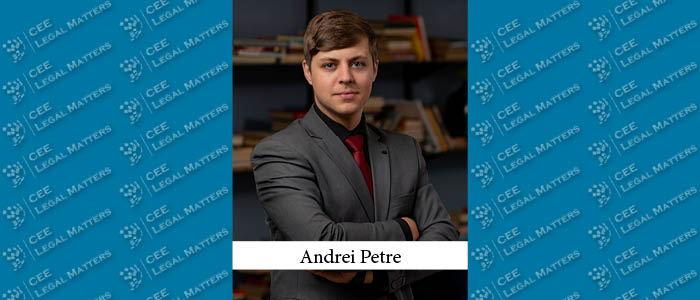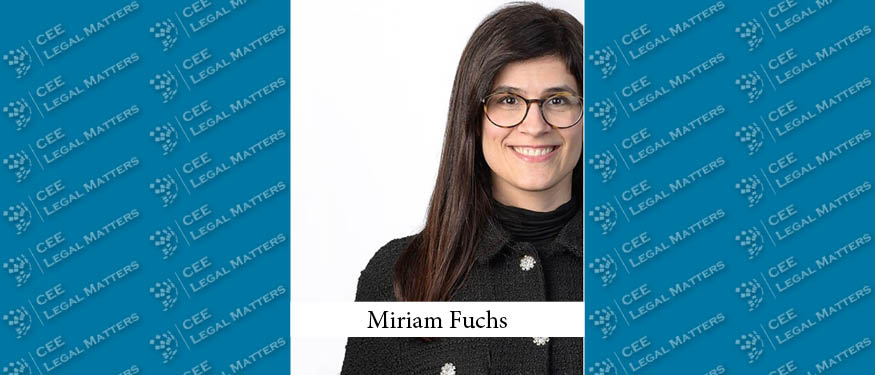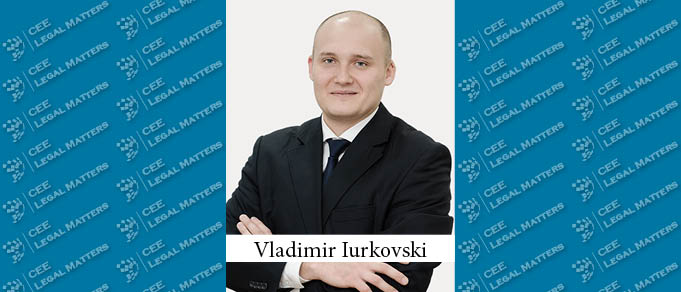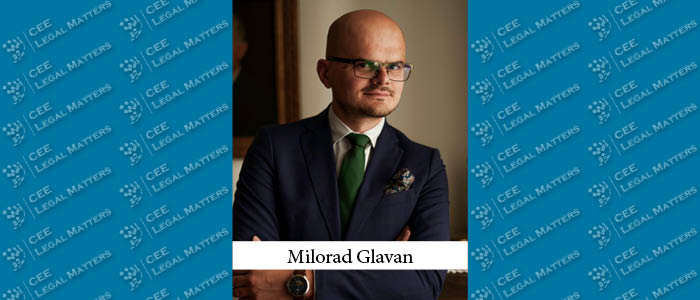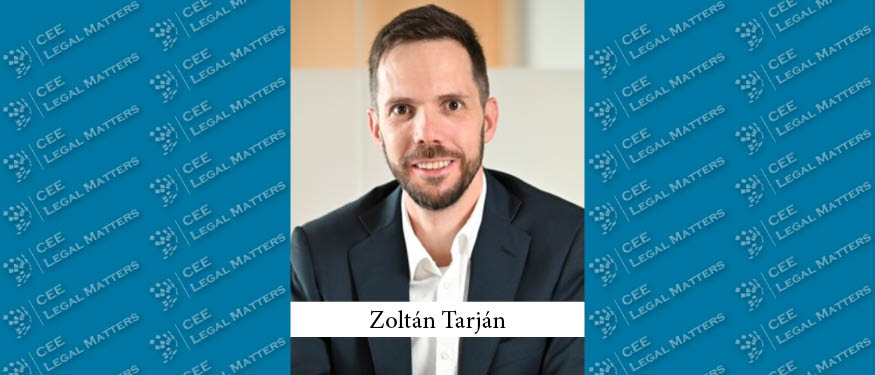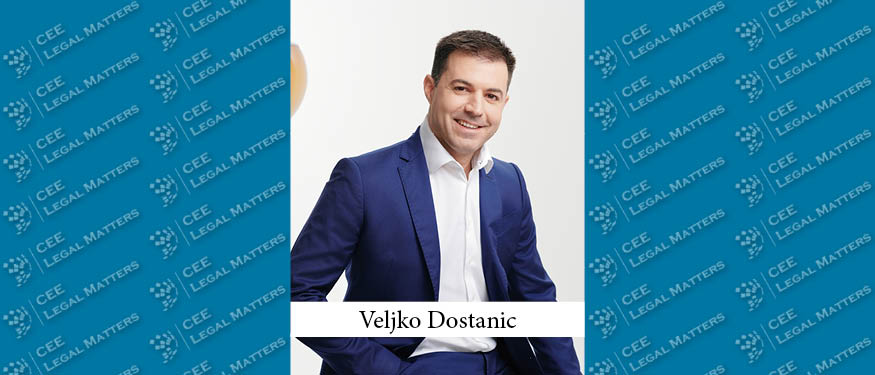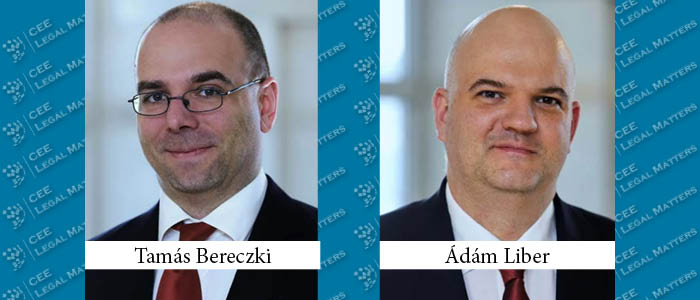Contributed by Kyriakides Georgopoulos.
Litigation in Bulgaria
Contributed by Gugushev & Partners.
FDI Is 4.52x Cooler Than Merger Control: A Look at Romania’s 2024 Surge in FDI
How else could one explain the astonishing surge in foreign direct investment (FDI) filings in Romania in 2024?
Hungarian Inquiry Eyes Single-Bid Medical Procurement
Despite a reduction in single-bid contracts, the GVH proposes additional measures to improve competition and transparency.
Updated Special Construction Tax Rules: Key points for 2025
The Romanian Government has introduced Government Emergency Ordinance (GEO) no. 21/2025, officially published in Official Gazette no. 300 on April 4, 2025.
Changes to FDI Legislation in Moldova
Through its 27 February 2025 law ("Law 33/2025"), the Moldovan Parliament amended the current rules on control of investments into sectors important for the security of the state ("Law 174/2021" or the "FDI Law"). The amendments enter into force on 20 April 2025.
Physical Division of Buildings and Plots
Apartments, houses and other objects are often owned by several persons and sometimes it is necessary to divide them.
Recent Amendments to Decree No. 32 under Turkish Law
The Decision Amending the Decree No. 32 on the Protection of the Value of Turkish Currency (the “Decision”), published in the Official Gazette on March 15, 2025, has introduced significant changes to the financial regulations in Turkey. In this context, let us examine the newly introduced regulations and the updated provisions together.
Public-Private Partnerships in Healthcare: Global Models and Takeaways for Ukraine
Public-Private Partnerships (PPPs) have become an essential tool for governments worldwide to develop and modernise healthcare infrastructure. By leveraging private sector investment, expertise, and efficiency, PPPs help bridge funding gaps, improve healthcare accessibility, and ensure the long-term sustainability of medical facilities.
Charging Ahead: Hungary’s Newly Introduced Rules Fuel Co-Located BESS Expansion
The expansion of renewable energy sources, particularly photovoltaic (PV) systems, has been a cornerstone of Hungary’s strategy to diversify its energy portfolio and achieve sustainability objectives. However, the inherent variability of solar power generation presents challenges for maintaining grid stability and ensuring a reliable electricity supply.
Dive Into the Latest Competition Law Updates in Romania
April 2025 – In the first quarter of 2025, the Romanian Competition Council (“RCC”) published several significant decisions, launched new investigations, and imposed fines in cases involving abuse of dominant position, price coordination, and other anticompetitive practices.
Attracting International Workforce: EoR, the New Panacea?
Employer of record (EoR) services are becoming increasingly popular for companies looking to expand rapidly internationally. This allows a company to enter a market and recruit workers in another country quickly, efficiently and at lower cost without setting up a subsidiary. As with any panacea, however, it is important to be careful.
Right of Business Entities to a Bank Account
Conduction of business activities is not possible without possessing a bank account. Business entities[1] are required to open bank accounts, manage all funds through these accounts, and make all payments via these accounts[2], with banks being the only authorized institutions to open and maintain bank accounts[3].
Exclusive Evidentiary Contracts
An exclusive evidentiary contract is a type of agreement in which the parties undertake to accept the assessment of a person or panel appointed to evaluate certain technical or expert matters related to a specific dispute. This agreement, particularly used in areas requiring technical expertise, functions as an evidentiary contract and carries binding consequences for the parties.
Complex M&A Transaction and Escrow Mechanism in Serbia
A successful closure of a complex M&A transaction involving the sale of Serbian companies through an innovative escrow solution, overcoming trust issues, financing challenges, and regulatory requirements.
Hungary's New Cybersecurity Strategy
The Government of Hungary has recently adopted Government Decision 1089/2025 (III. 31.) on the country's Cybersecurity Strategy, effective between 2025–2030.
Competition in Focus: Serbia’s Private Healthcare Sector Under Regulatory Spotlight
The Serbian Competition Commission ("Commission") has published a Report on the sector inquiry of competition conditions in the private healthcare services market in the Republic of Serbia for the period from 2019 up to 2023 ("Inquiry").
North Macedonia Becomes a Member of SEPA: Changes in Financial Payments and Transactions
On 6 March 2025, the European Payments Council officially accepted North Macedonia’s application and included North Macedonia in the Single Euro Payments Area (“SEPA”). With this, North Macedonia became the 39th member of SEPA.



